Fun with batteries: How not to burn your house down this weekend
Our lives are surrounded by batteries. They’re everywhere, in almost everything, seemingly. So how do you stay friends with them while maintaining a sensible, safe working environment that doesn’t turn everything to ashes?
Every weekend a bunch of well-intentioned DIY enthusiasts will open their sheds, unlock their Hiluxes and slot a new battery into their favourite angle grinder or impact driver to get cracking on various tasks, and this happens right across the nation.
It’s the usual workshop symphony in power tool flat, which means, hilariously enough, at least one of them is going to burn their FatCave to the ground.
Ideally, you want to get really good at avoiding catastrophe without getting rid of your arsenal of lithium-ion powered weaponry.
Engineering out the inner idiot is a challenge for all of us, and it may be possible from time to time for each of us, but on a population-wide level it’s never going to happen. o let's talk about that how you can potentially engineer out your inner idiot.
Lithium-ion as the preferred battery type for everything Bluetooth speakers, torches, cameras, smartphones, laptops. Most hand-held technology would be nowhere and wouldn't have anything like the compactness and the power that they do today - like the ubiquitous power tool - without lithium-ion batteries.
Lithium-ion batteries are available in all kinds of sizes and qualities, from no-name batteries to premium branded batteries, and everything in between.
I have talked a lot about fires recently on this channel. EVs catching fire, normal internal combustion cars catching fire, things of this nature. The danger of lithium-ion batteries when they catch fire is that you absolutely do no want to be anywhere near it.
We see it increasingly, news reports about e-scooters and e-bikes catching fire in apartments and various batteries just turning into a Roman candle and ruining lives. And even if you don’t get burned, the health hazards battery fires present are profound and tragic. Just getting cobalt fumes on your skin can leave you permanently disabled.
Even worse, our fire crews are not prepared for mass battery fires >> This issue is important.
Let’s start with the safety mindset, where you’re always trying to keep your mind open to the possibility that you’re doing something wrong or that there’s a safer way to do something.
In the same we we have hard-wired into our brains a(or at least most of us) not to smoke when filling our vehicles or motorcycles or chainsaws or law mowers with petrol, so too do we need to pay attention to the recharging process regarding batteries.
RECHARGING
We all operate in close proximity to energy, all the time. There's enough energy in every powerpoint to kill you several times; there's enough energy when you jack your car up and get under it to kill you if you don't do it properly.
Lithium-ion batteries and their development led to the proliferation of all kinds of mobile devices most of which we take completely for granted today, and yet there's not a million fires every day. Every tradie across Australia is using a cordless power tool right now, today or tomorrow.
With dozens of batteries using this chemistry every day being charged overnight, every night. Think about the recharging process: you get your Ryobi power tool from Bunnings, you run the battery flat, you connect your charger and you slot the battery in. You're pumping in about 30 watts of power, which is a pretty low amount of energy. But plenty enough to start a fire.
So what’s the safest way to charge them?
Well, that battery is not going to be particularly dangerous unless you do something stupid like connect it to a tool that flattens the battery quickly with a continuous high power output - like a leaf blower.
If you drain the battery in one short period, and then you connect it to the charger while it’s still warm… that's likely to pump heat into the battery. Even though there's (highly likely) a protection circuit for that built-in - imagine if that protection fails - and that you do this in a place with direct sunlight, during summer, in the middle of the day or even in the late afternoon when the ambient air temperature is still high.
Sealed batteries like this recharge slowly because the battery is sealed and doesn't allow airflow because you don't want environmental contaminants like metal, dust and water getting into the battery.
So for the battery cells themselves to dissipate the heat they've got to use convective cooling to conduct the heat to the outside of the battery skin. So the air inside this chamber has to convect heat through the casing. But it can’t do that if there’s more heat going into the battery than it can expel because you left it in the sun.
Result: combustion.
PRO TIP: All phones, laptops, tablets and even kids toys rely on convection to cool the battery, so never leave them near the bed where they can be covered by blankets or pillows or fall into the bed where they will stay hot.
Power tool battery fires are commonly referenced by WorkCover-type analyzes of industry-type power tool battery fires, such as in mining, big industry, heavy operations like that.
WorkCover is very zealous about this kind of problem, whereas your home garage or small business workshop can burn down and there won't be a great deal of forensic analysis about what caused it, particularly if the whole joint is destroyed. There's lots of flammable stuff in a garage and who has time to police that?
But what generally happens with industry is that the batteries are being damaged. Typically, it gets dropped out of some cherry-picker basket because dudes are working at a height and they drop the battery, or some ute runs over it and all of a sudden there's a fire inside the mine where all of this work was taking place.
That's a real life example of one of the reports that I read.
There's another example of someone's ute nearly getting burned down on a work site because the batteries were stored inside the cab, under glass, it was 31 degrees that day with bright sun directly shining on the charging battery. Foregone conclusion: they managed to save the vehicle, but I doubt it was ever the same again.
If you do drain the battery and it’s warm, let it cool down in the shade somewhere before you put it on the charger.
After the charger stops flashing and all the lights are green, and the battery is good to go again, take it out of the charger. Doing this takes away the risk of something failing inside the battery or the charger, and it stops the battery over-charging. So, as soon as it's recharged, unplug it from the charger. This is pretty easy to do.
DISPOSAL
Remember that batteries are fragile. If you damage one by giving it a big drop off a ladder and you crack the case or similar - maybe it's a good idea to bin it.
But don't just throw it in the normal bin because lithium hexafluorophosphate and chemicals of this nature are really bad in landfill. So take it to a specialist E-waste disposal site; they'll probably take it for free and get rid of it responsibly.
Spending $100 or $200 on a new battery is going to be a lot less of a headache, ultimately, than burning the joint down while you sleep.
For more tool-related tips and discussion on battery safety, including checking for safety standard stickers and how ridiculously easy it is to by uncertified gear that does not meat Australian standards - watch the full video report above.
My AutoExpert AFFORDABLE ROADSIDE ASSISTANCE PACKAGE
If you’re sick of paying through the neck for roadside assistance I’ve teamed up with 24/7 to offer AutoExpert readers nationwide roadside assistance from just $69 annually, plus there’s NO JOINING FEE
Full details here >>
AutoExpert DISCOUNT OLIGHT TORCHES
These flashlights are awesome. I carry the Olight Warrior Mini 2 every day - it’s tiny, robust, and super useful in the field or in the workshop. Olight is a terrific supporter of AutoExpert.
Use the code AEJC to get a 12% discount >>
Generators suck! Go off-grid with AutoExpert BLUETTI PORTABLE POWER STATIONS
Need mobile, reliable power? If you’re camping, boating, caravanning or building a dirty big shed in the back paddock, and you need to run a refrigerator, lights, air conditioner, cooking, and/or a bunch of tools - Bluetti has a clean, tidy, robust solution…
Get your AutoExpert free shipping discount here: https://bit.ly/3n62heK






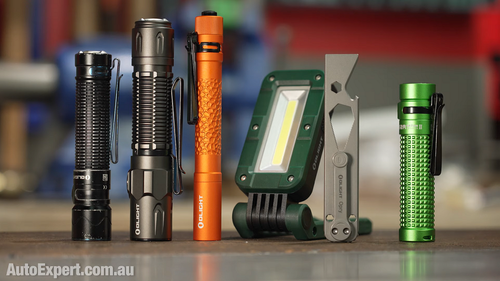

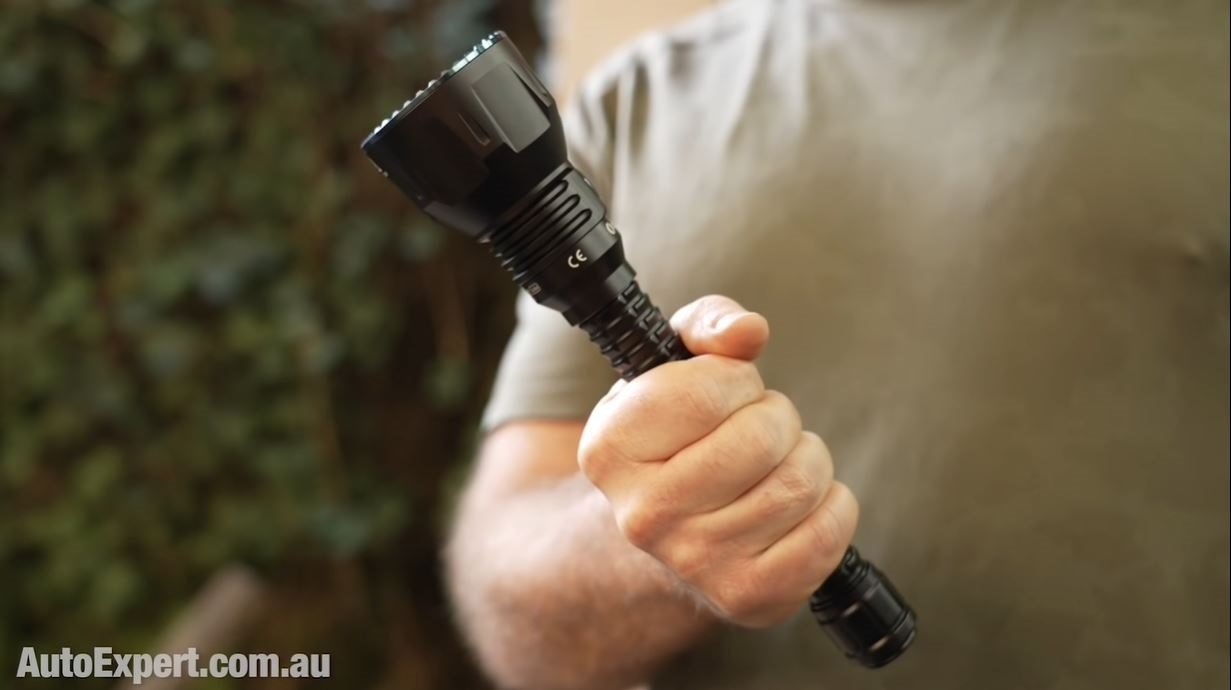
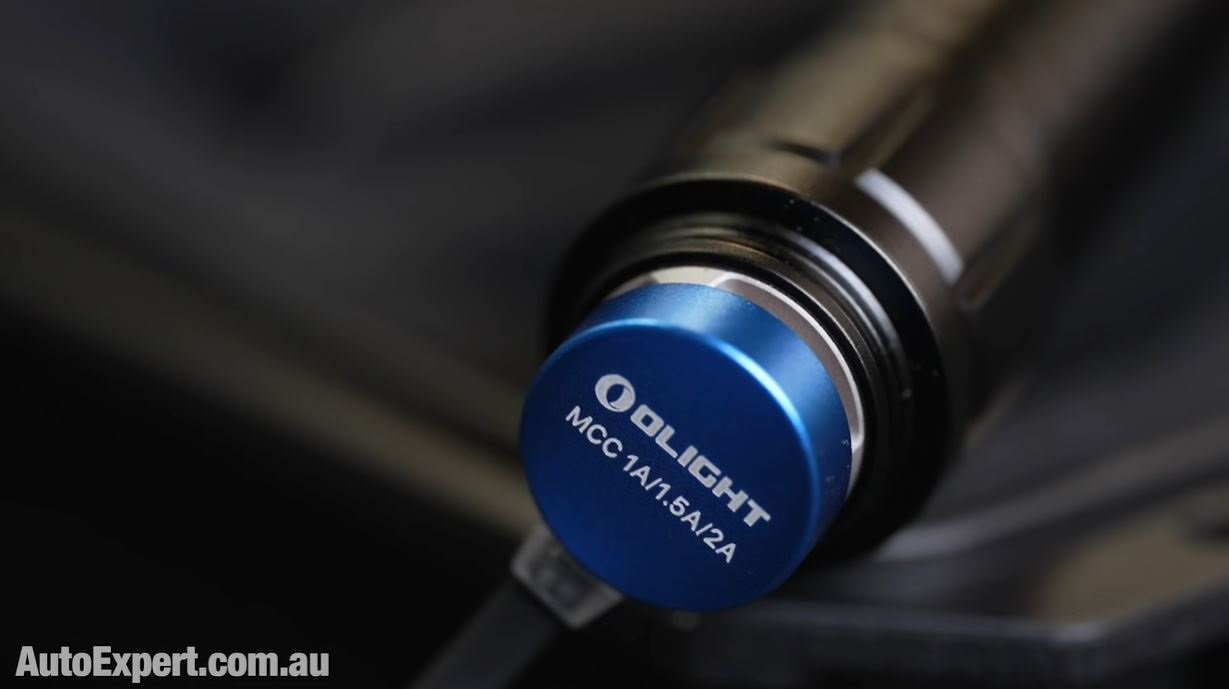
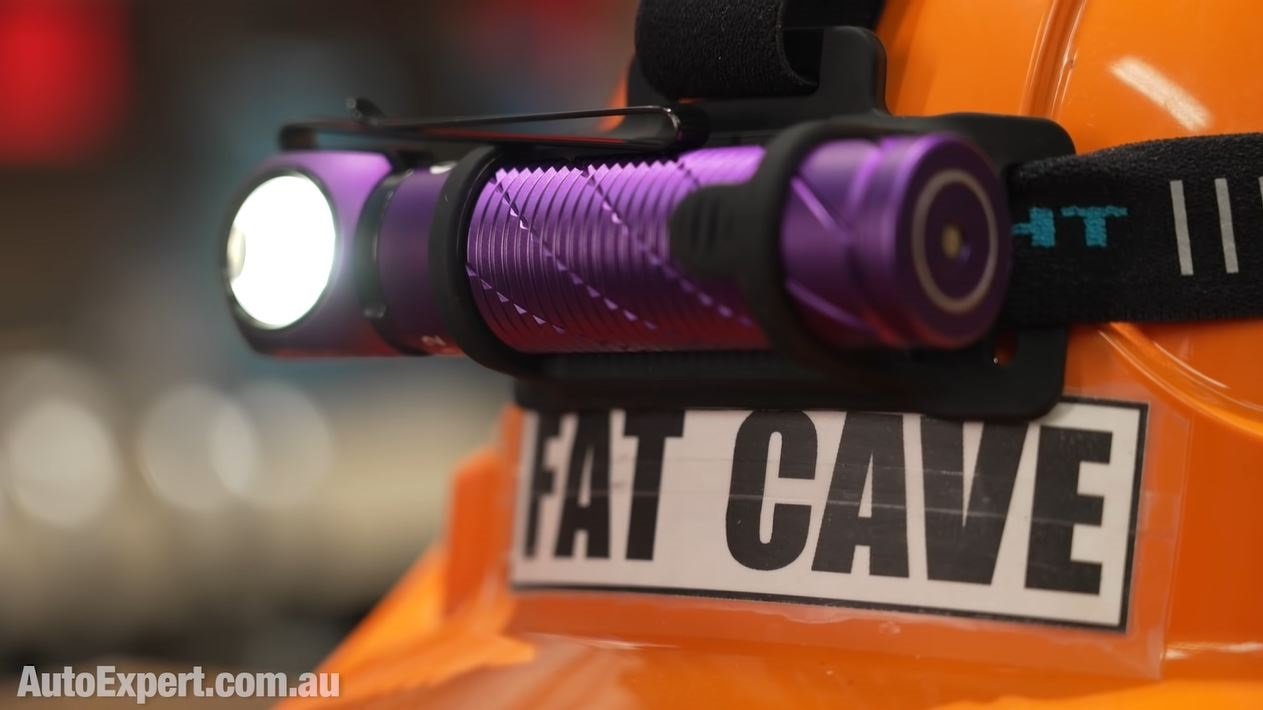
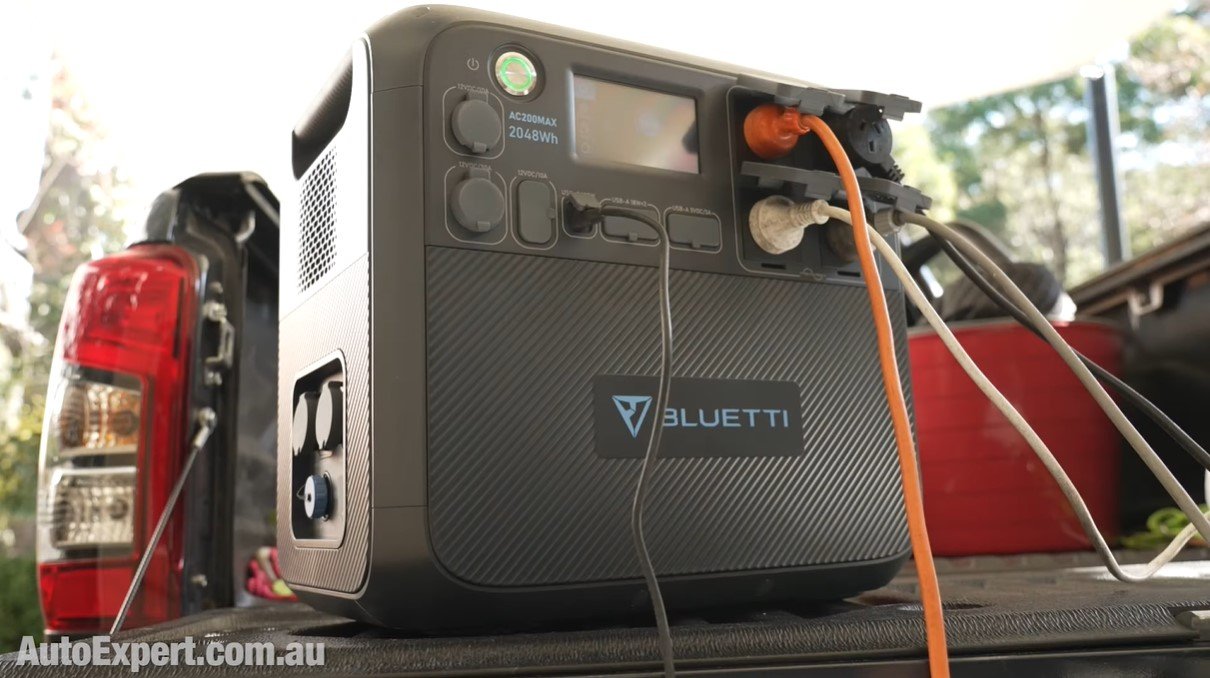
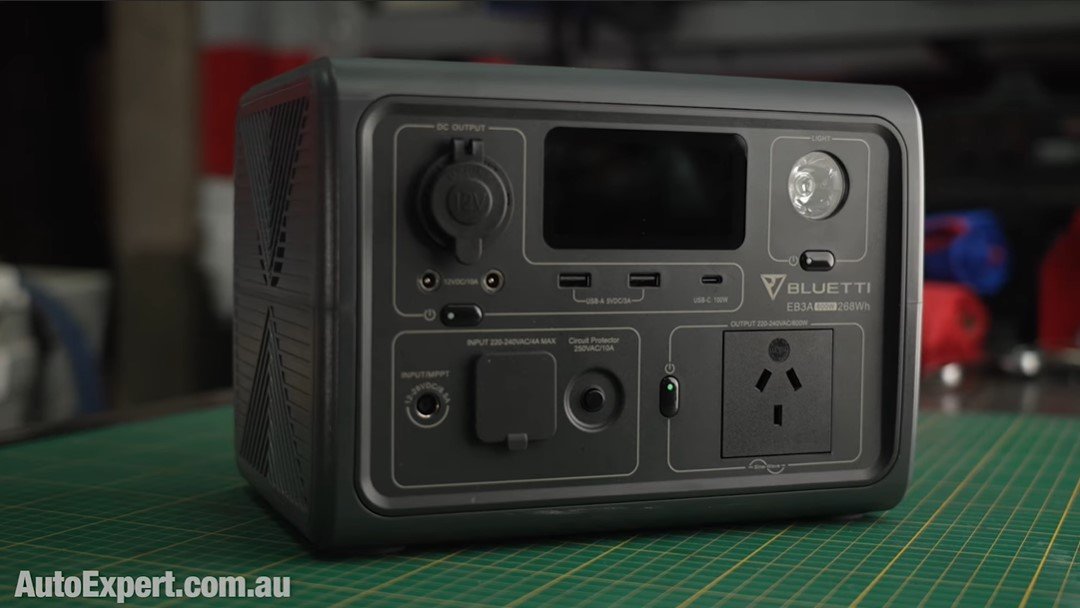
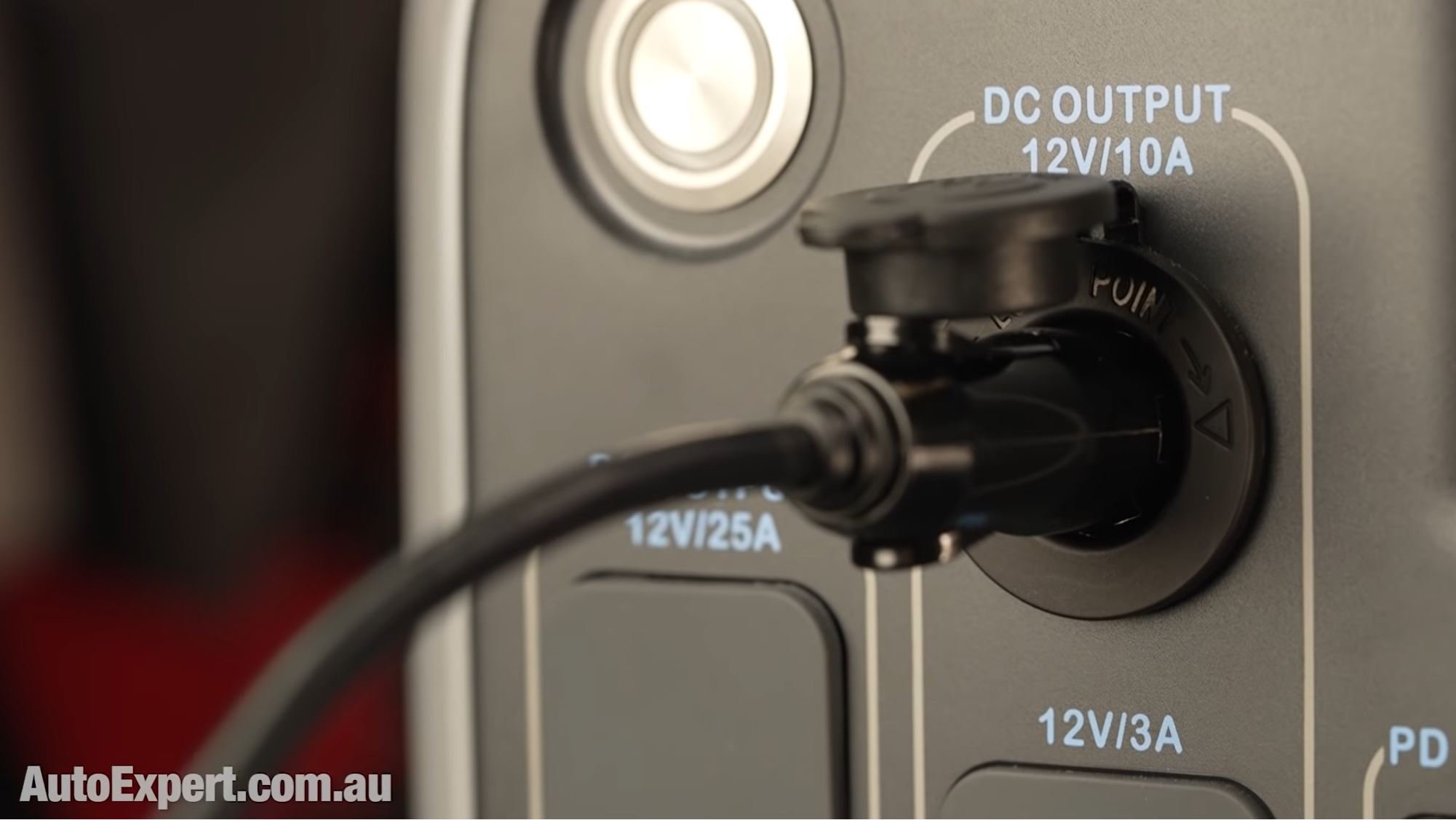
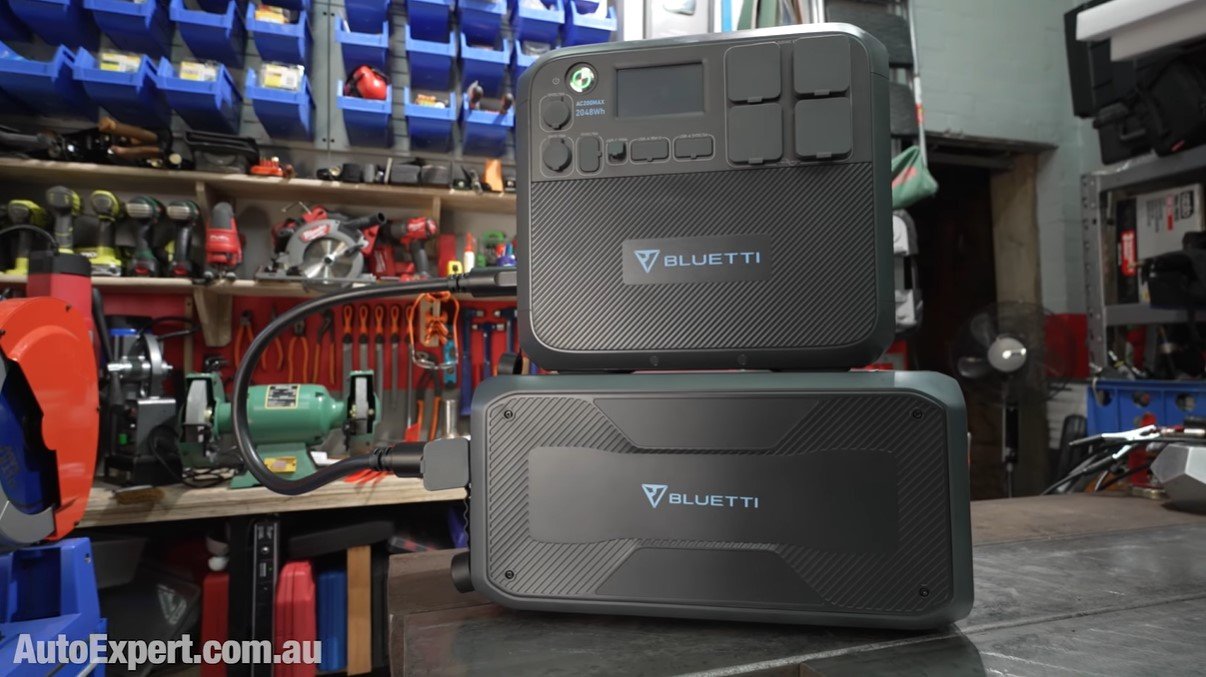
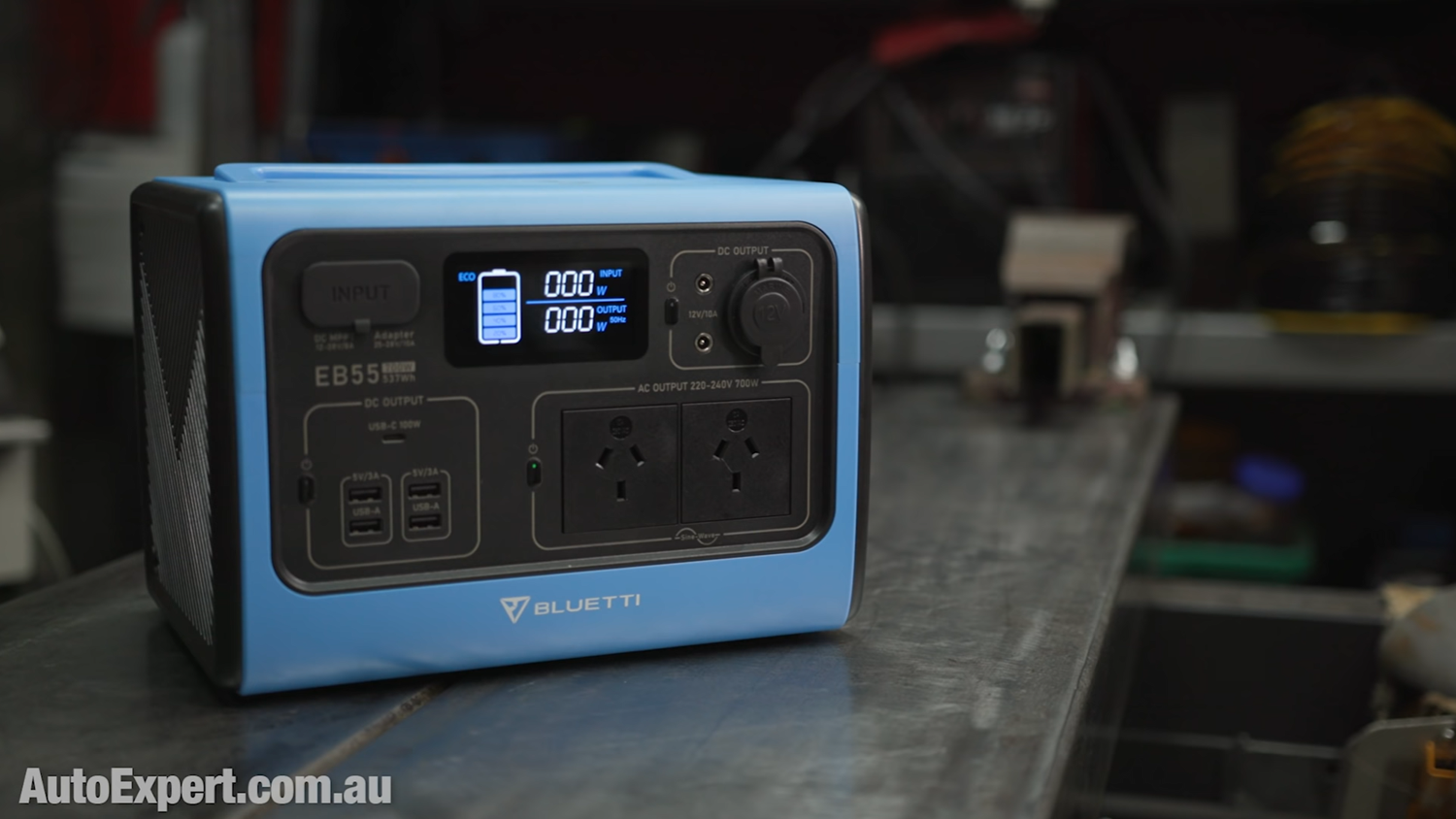
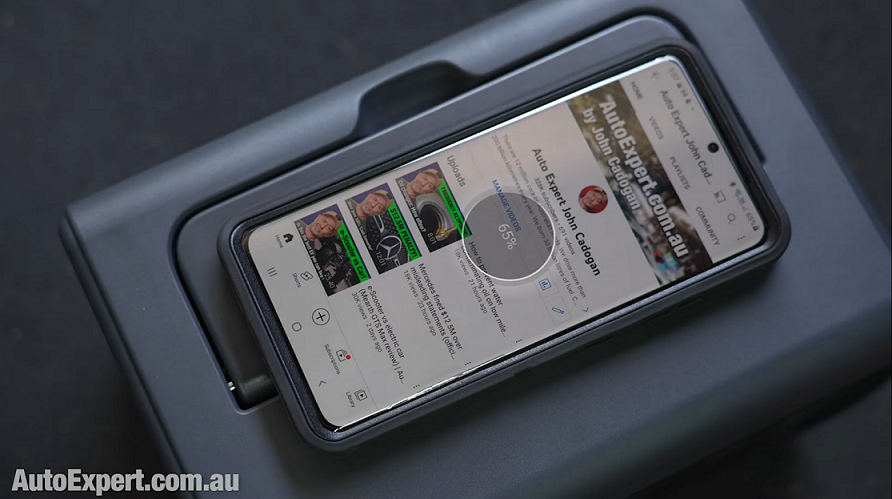
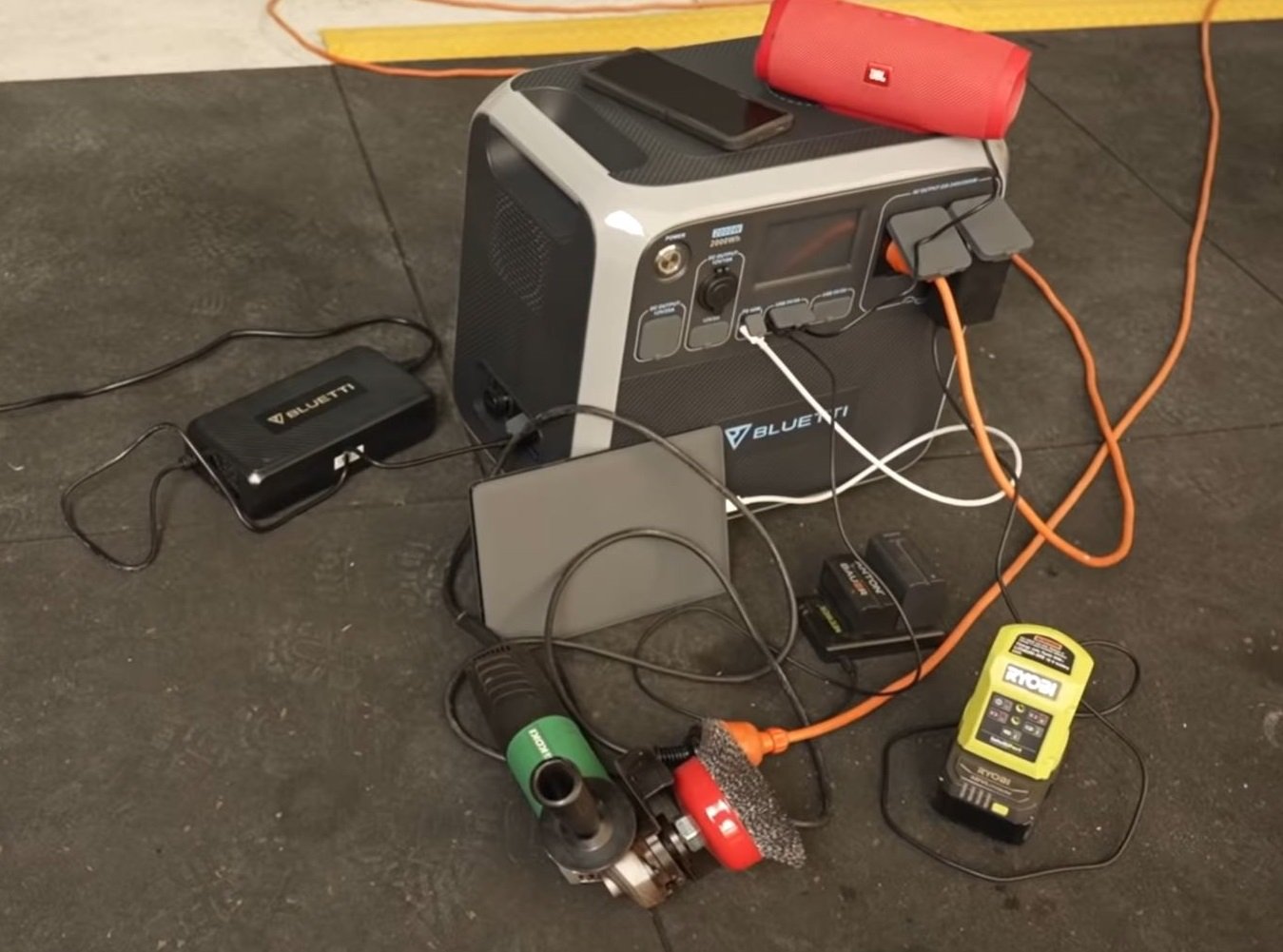
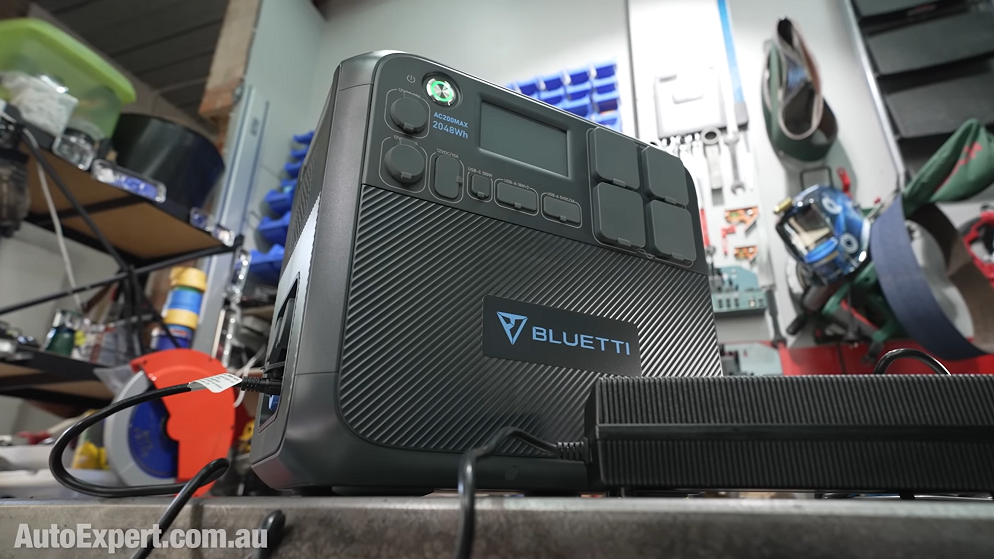




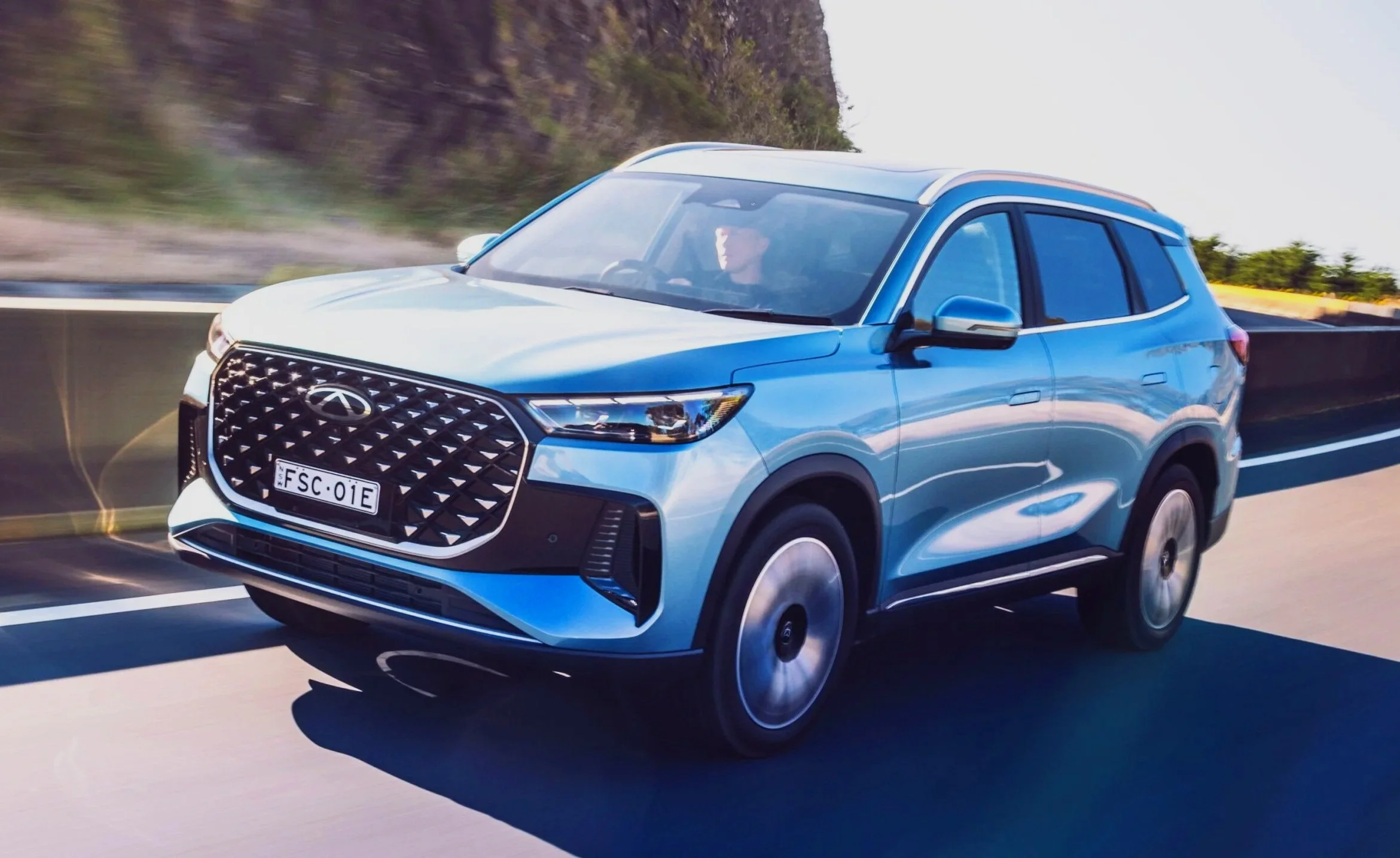
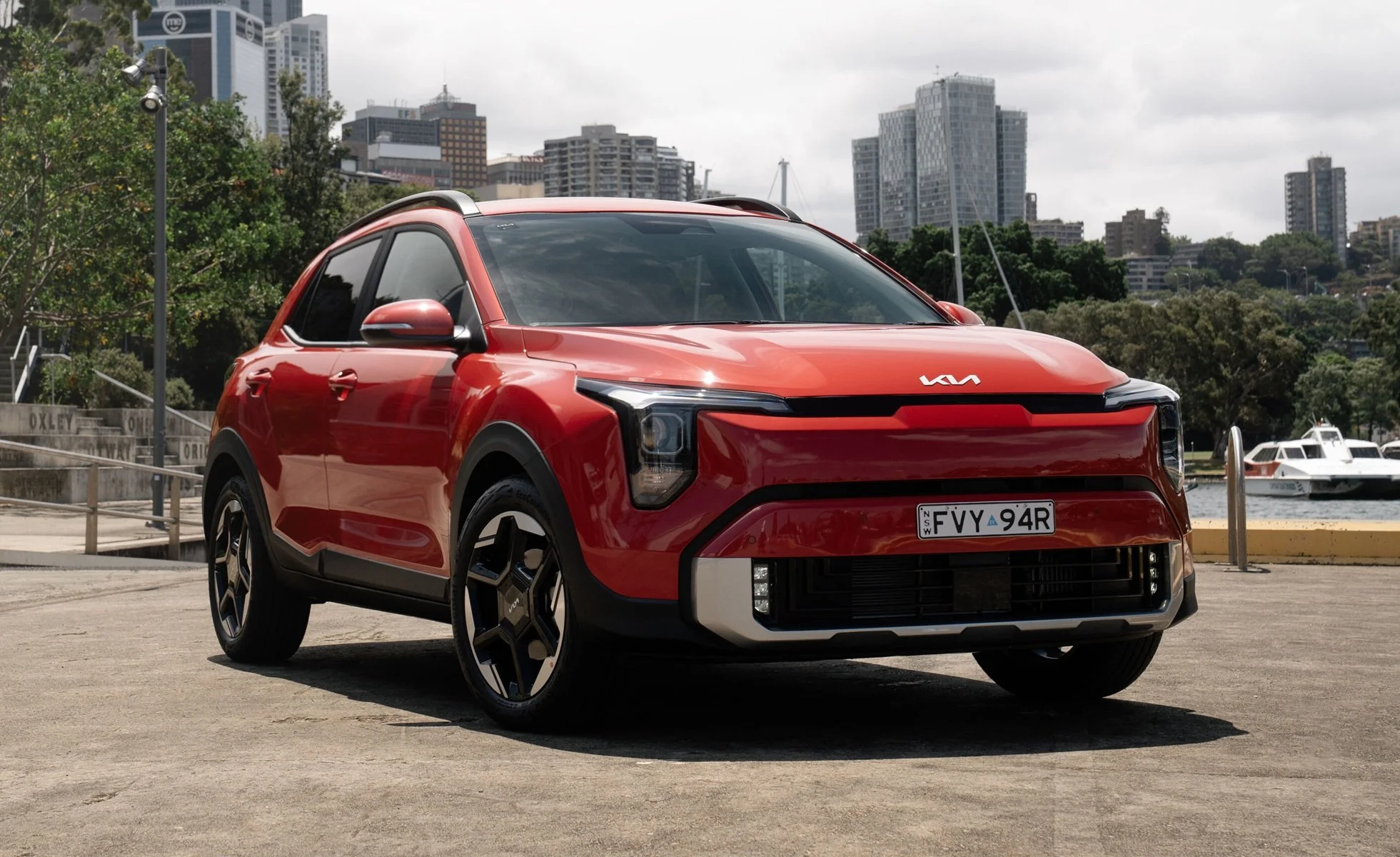

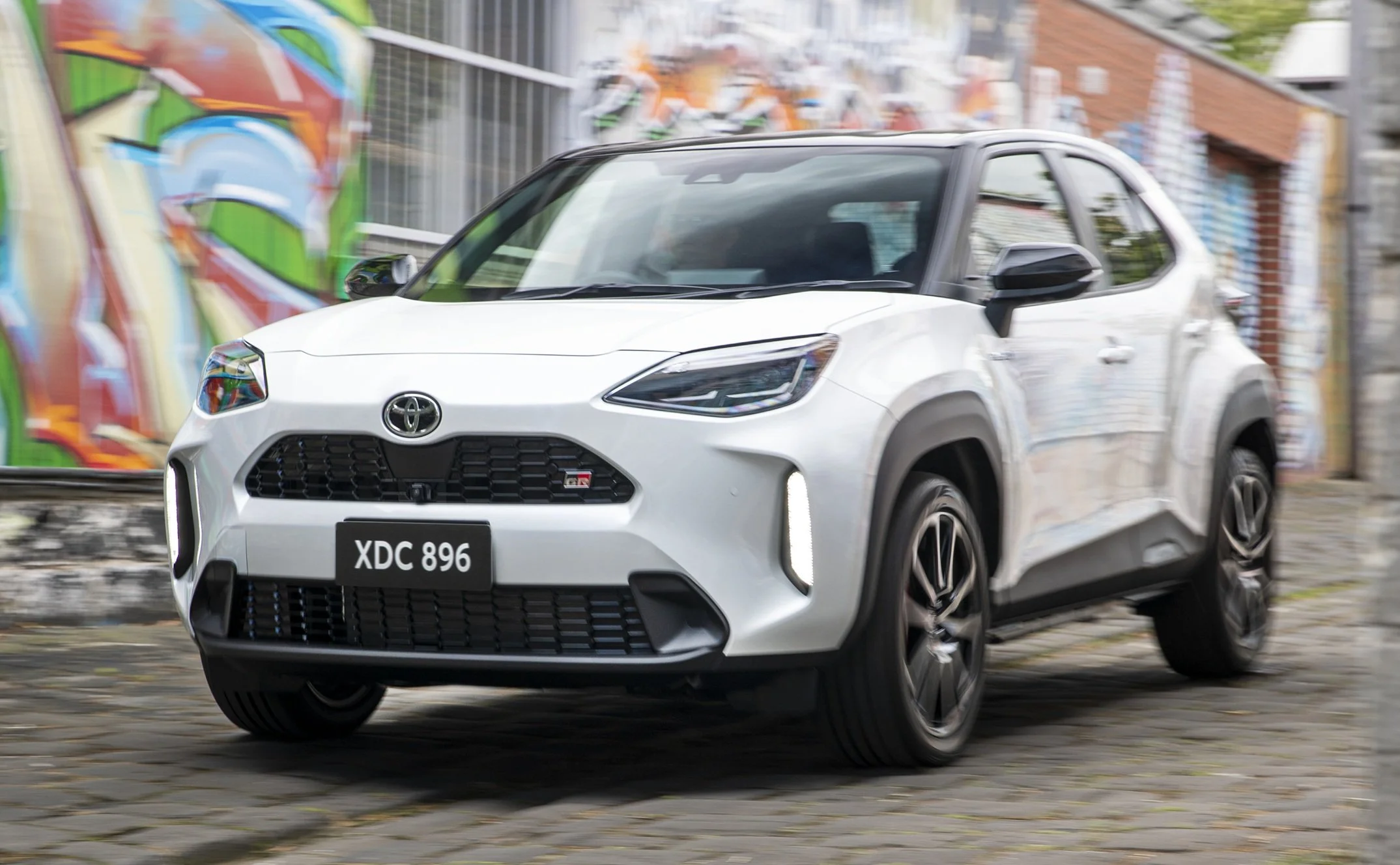



There’s plenty to like about the 7-seat Ford Everest for hardcore off-roading and heavy towing thanks to its big V6 diesel. But is it wise dropping up to $80K on Ford these days?